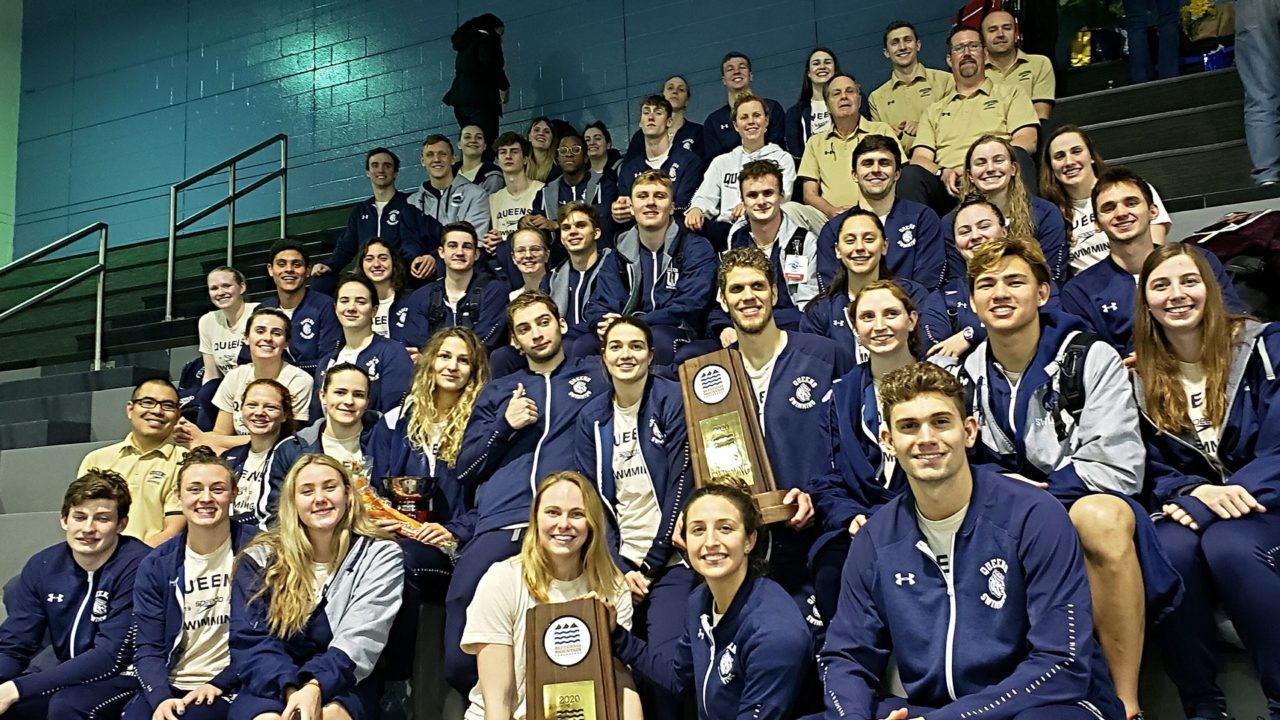The NCAA Division II Administrative Committee has approved a temporary measure that will allow student athletes to retain a season of eligibility if their team plays less than 50% of their maximum schedule during the 2020-2021 season.
For swimming and diving, the Division II maximum is currently 12 competitions, which means that athletes will be protected if their teams compete in 6 meets or less. For water polo, the maximum is currently 21, which means the rule would go into effect if teams compete in 11 games or less.
In order for a student-athlete to qualify for the eligibility waiver, they must meet the following criteria:
- The student-athlete’s team participated in no more than 50% of the sport’s maximum contests/dates of competition for the 2020-21 academic year due to the ongoing impact of COVID-19.
- The student-athlete used a season of competition during the 2020-21 academic year.
- The student-athlete was eligible for competition while competing during the 2020-21 academic year.
Student-athletes not meeting this criteria are still able to apply for a waiver using the traditional method.
The Division II decision after a recent announcement made by the Division III Management Council that they have approved a proposal that will allow flexibility in conducting practices and competition for fall sports through the spring. Under that measure, schools will be allowed to define their seasons by a certain number of days, not weeks.
Loophole
Under the current wording of the rule, and as confirmed by one NCAA D2 coach after speaking to their compliance department, a student-athlete who misses the first 50% of their season, rather than the last, could be granted an extra year of eligibility, allowing them to theoretically compete in 5 championship seasons. That is looking like a real possibility given the number of schools that have delayed competition until January 1. The coach said that they expected the policy to be amended to close that loophole before the school year, however.

Honestly, why bother closing the loophole. There’s a chance that some athletes’ seasons are very short and consist of like 3-5 meets and then a championship of some sort, and athletes should be able to complete that without losing eligibility.
Forcing athletes to choose between a shortened but technically complete season or taking the year off for the possibility of a full season in a fifth/graduate year is completely unnecessary and a very difficult decision to make in these uncertain times.
That looks better!